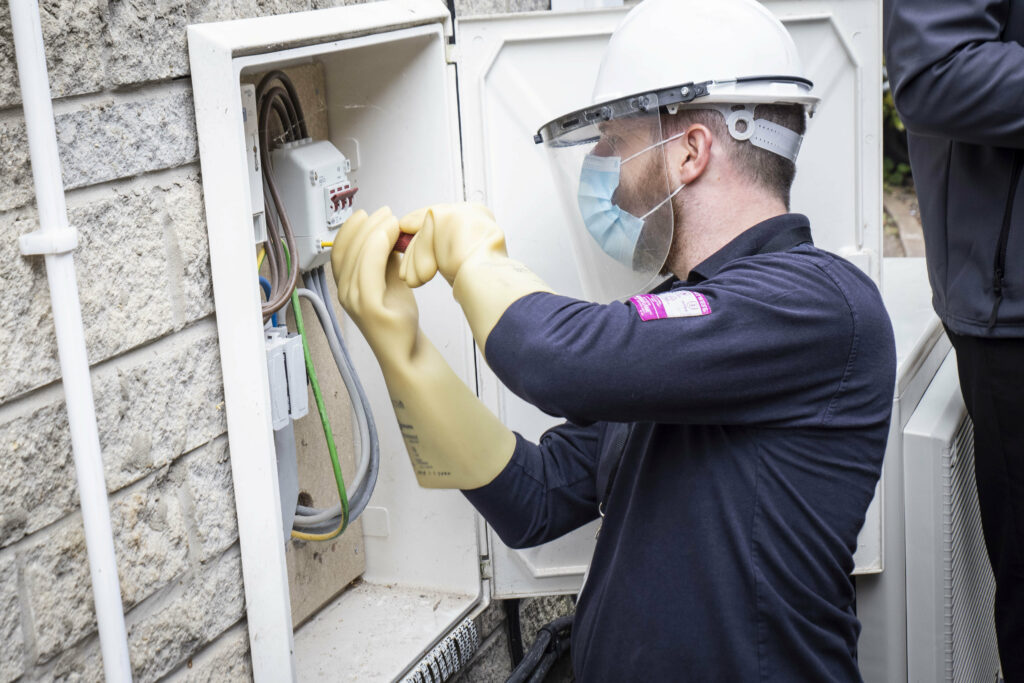The National Audit Office (NAO) has published an update on the rollout of smart meters showing that the UK has fallen well behind its original target of completing its rollout by 2019.
There is currently a proposal to reach 80% smart meter rollout by the end of 2025, but by the end of March 2023, only 57% of that rollout was completed.
The rollout is being led by the Department for Energy Security & Net Zero (DESNZ), regulated by Ofgem and delivered by suppliers. The UK government has recently announced changes to Ofgem’s mandate which would give it a principal duty to implement Net Zero legislation.
The report was welcomed by government-backed nonprofit campaign group Smart Energy GB, who campaign for the adoption of the technology. The NAO last reported on the smart meter rollout in 2018, when around 24% of households had a smart meter.
The report says that the government has made “important progress” since then, and that it is now technically possible for smart meters to function in 96.5% of homes and small businesses.
However, a graph published by the NAO shows that the speed of the rollout has slowed down in recent years.
Government wants all homes & small businesses to use smart meters, to help hit #NetZero targets & save money.
— National Audit Office (@NAOorguk) June 14, 2023
Progress has been made, but it’s slower than planned, and government faces challenges in meeting its latest set of targets.
Read our report ⚡ https://t.co/Uc9bUAqDGk pic.twitter.com/jC6yqxyl1C
Dan Brooke, Smart Energy GB’s chief executive, said: “We welcome the NAO’s report, which recognises the important progress of the smart meter rollout in recent years and the substantial benefits that smart meters bring to households and businesses in Britain. The report identifies areas for improvement, but also highlights that past challenges have been largely overcome and that smart meters are helping people to reduce their energy use and save more money than ever before.”
“Over 32 million smart meters have been installed in households and businesses, which is a significant achievement. Smart meters make it easier to track your energy use and make little changes that can save you money,” he added.
Brooke added that data from smart meters was playing an increasingly important role in helping decarbonise the grid and achieve energy security, with nearly 900,000 new meters installed in the first quarter of 2023.
Although the NAO report shows that 32.4 million smart meters have been installed, “9% (around three million) of the 32.4 million installed smart meters were not operating in smart mode as at the end of March 2023 and are effectively indistinguishable from a traditional meter”.
The NAO report says that the government is “consulting with suppliers and other industry stakeholders on its proposal for the regulatory framework for 2024 and 2025. This proposal includes a target for suppliers to install smart meters in at least 80% of the homes they supply with energy, and in 73% of small businesses, by the end of 2025.”
The report puts the scale of the challenge into perspective, highlighting that the total cost of the Smart Metering Implementation Programme “is one of the largest in government by whole-life cost, equivalent in scale to the recently completed Crossrail railway construction project.”






